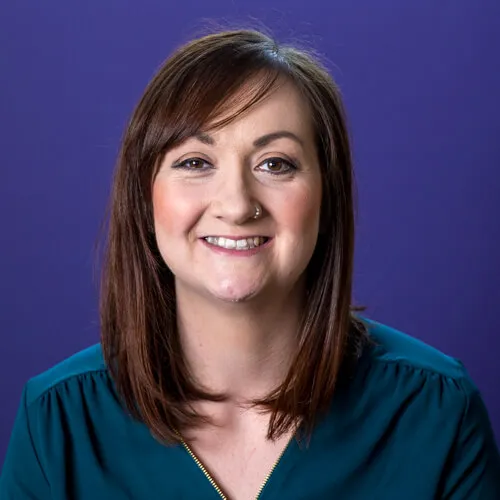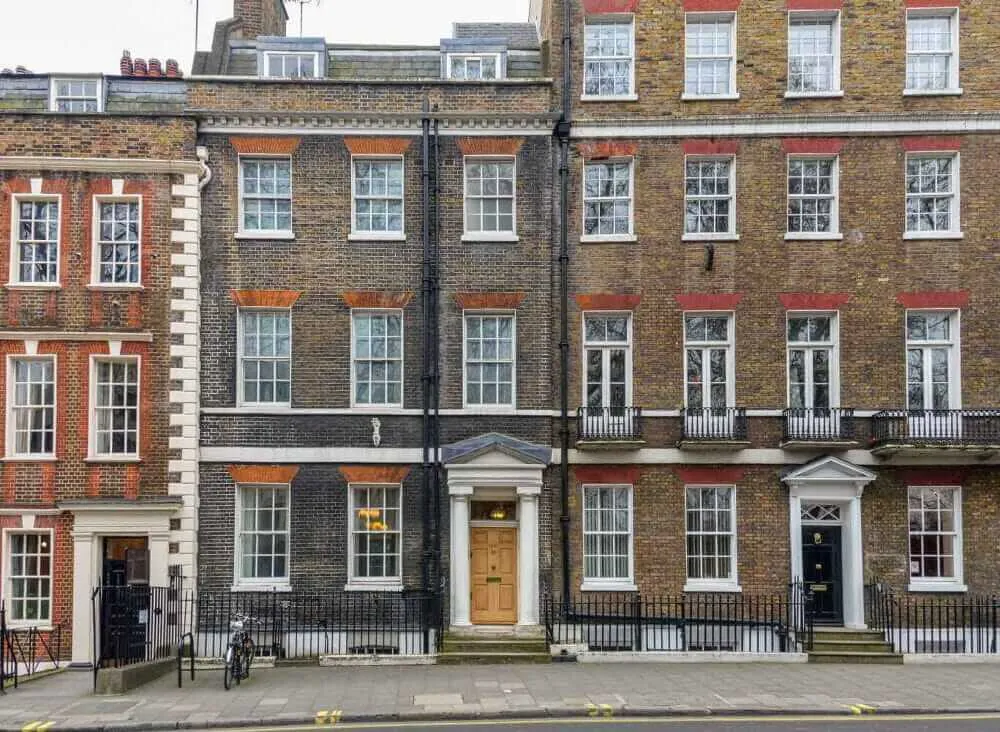23-09-2019
6 min read
Our first-time buyers timeline can help buying a house

Amy Iredale
Buying your first house can be complicated, but here at Atom we make it simple. Here’s what happens at each stage in the house-buying process.
You’ve finally saved up enough deposit (well done!) you might even have been lucky enough to have had a bit of a helping hand. Here’s where the fun begins, and you can start looking for your first home. We all love to browse Rightmove dreaming about the huge gardens and an MTV Cribs-style walk-in wardrobe, but before you get your hopes up, it’s a good idea to know what price range you can afford first.
Find your first mortgage. You could get this through contacting a lender directly – for example a high street bank – or by speaking to an independent mortgage broker. They are qualified professionals who can give you advice when you’re looking for a mortgage. They have access to lots of different lenders (but not necessarily all lenders) in the market and have a regulatory obligation to recommend the best deal for your personal circumstances.
We use independent mortgage brokers across the length and breadth of the UK and you can find your nearest one here. If we’re not right for you this time they’ll let you know.
A broker will help you understand the costs involved with buying a house, for example legal work, valuation fees, Stamp Duty and product fees. They’ll help you look at what’s affordable for you. They’ll give you a Decision In Principle or Agreement in Principle (which are the same thing). It’s a document that a mortgage lender gives you which shows an estimate of how much they could be willing to lend to you based on a snapshot of your finances. However this amount, or decision to lend to you could change when they do an in-depth look at your financial situation… which is the next stage (your Mortgage Offer).
Now the fun part: house hunting. Have a drive round areas you like at different times of the day, think about local amenities. What’s important to you? How long it would take to travel to and from work, transport links or schools.
Contact estate agents and scour the house-buying websites. Remember that interiors can be changed, so when you’re viewing places, try and focus on the room sizes and how you could make it look. Pinterest is a great place to look for interiors ideas.
When you have found the one you need to make an offer, usually by calling the estate agent who’s advertising the property. Remember that when a property’s advertised this may not be the exact amount it’ll sell for. Gauge how much similar houses have recently sold for in the same street to give you an idea of how much you want to offer. Consider any work which you might need to do to the property and remember your budget!
This is where your negotiation skills come into play, there might be back and forth between you and the seller to agree the price. Or, disappointingly, another buyer might have their offer accepted instead of yours.
If you’re going through an estate agent you might need to show your agreement in principle. Handily, we store these on our app, so you’ll always have yours to hand.
Once an offer has been accepted, you’ll need to go back to your lender or broker. Your broker will submit a full mortgage application. This begins formalising the process of applying for a mortgage and will allow lenders to carry out hard credit searches. If a lender approves your mortgage application, you will receive a Mortgage Offer.
As your application gets processed, a valuation of the property will take place, there is usually a charge for this, but sometimes your mortgage lender may cover this. The charge varies depending on lots of different factors, including who is doing the valuation.
The valuation is for the lender so they can assess how much the property is worth before they agree to loan you the money. If you want a homebuyers report to get a more detailed report on the property’s condition for your own use you can purchase it via your lender or contact a surveyor directly.
You also need a conveyancer (a legal professional) who will take care of the legal part of the transaction. Again, there’s a fee payable to the conveyancer, but some lenders include this within their mortgage deals.
During the mortgage application process, while the legal work and valuations are being carried out in the background, your mortgage lender will usually ask for payslips, bank statements and other paperwork. This is where you spend an evening turning your current place upside down looking for these documents that you haven’t given a second thought until now. Your broker will tell you what documentation is needed and forward them on your behalf.
When your mortgage lender is happy with all the documents, including the valuation report, and has had notification from the conveyancer that all the legal work has been completed, then they’ll issue you with a Mortgage Offer.
Your Mortgage Offer is the final stage of the application process. Once you receive a Mortgage Offer, you’ll have time to have a think before accepting and committing to the terms and conditions of the mortgage.
You need to read this document carefully before accepting and your broker can help you with this. This Mortgage Offer is legally binding and once it’s been offered by your lender, it can’t be changed.
If your mortgage is with us you just need to log into your app and do this electronically. Other lenders might need a ‘wet’ signature, this is where you actually have to sign ink onto paper. How old-fashioned! We imagine this is how Shakespeare signed the documents for the keys to his first gaff.
Once your Mortgage Offer has been accepted, you’ll set a date for exchange of contracts and completing. You’ll also set a date for getting the keys! At this point you need to consider the practicalities of moving, so start to pack your things up and book a removals services if you need to. Or hire a van and put the call out for help from your friends.
Once your contracts have been exchanged you’re legally bound to purchase the house (gulp) and you often pay your deposit at this stage.
On completion day you’ll need to wait for a call from the estate agents to say you can collect the keys. This will feel longer than the whole process so far! But the call can sometimes be later on in the day. This is because completion is conditional on the purchase price being paid to the solicitor. Once you’ve got that magic phone call, the house is yours! Just collect the keys and move in, now where’s that paintbrush…
